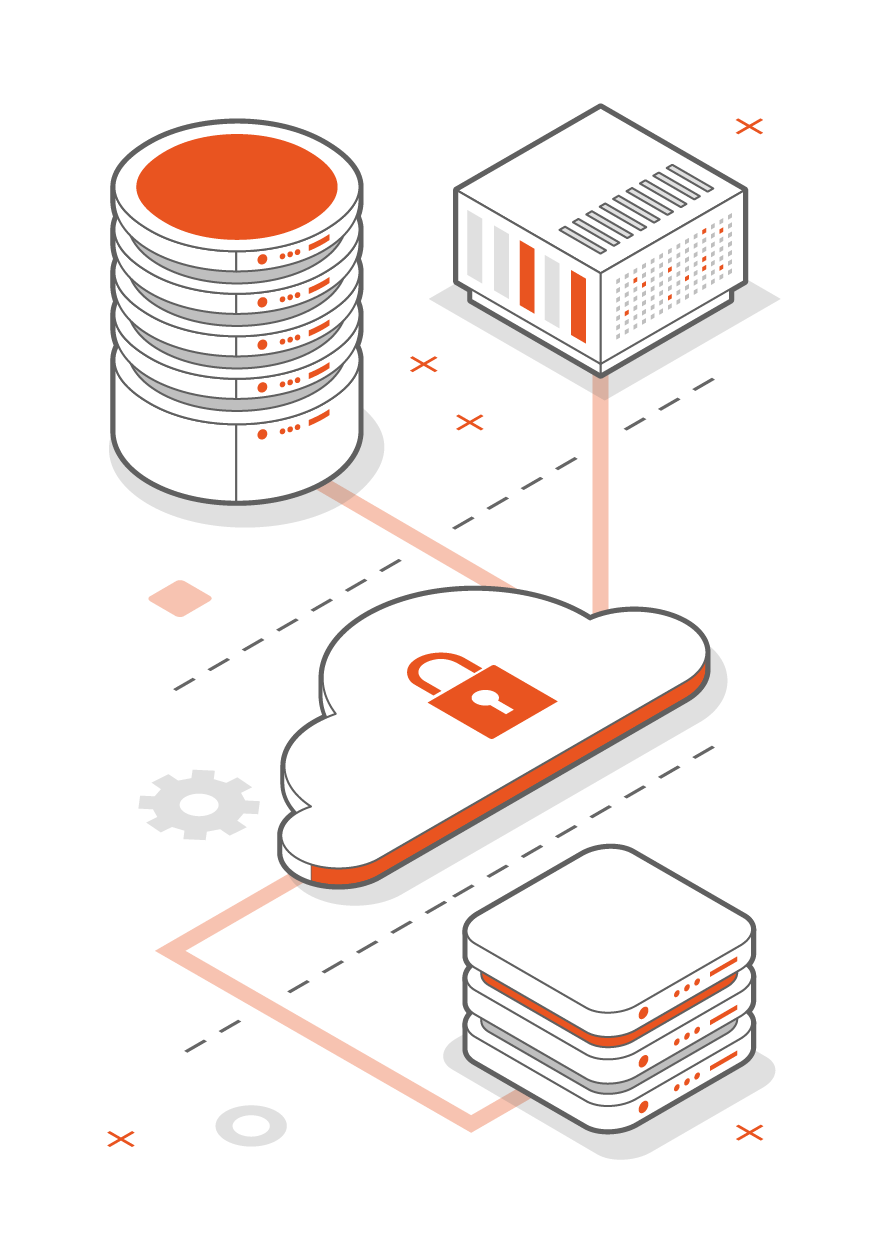Download the case study
UIDAI (Unique Identification Authority of India) manages Aadhar, a unique identity number that citizens and residents can use to access government, banking and mobile services. In partnership with HPE (Hewlett Packard Enterprise), they provide services to India’s 1.46 billion citizens – a considerable undertaking that would only become more complex with the expansion of digital government.
UIDAI and HPE were embarking on a full-scale transformation to a microservice architecture, in which applications are broken down into services that can be deployed, maintained and scaled independently. Canonical delivered a comprehensive roadmap for delivery that respected the need for minimal disruption to citizen-users, in addition to an end-to-end suite of open source solutions for every part of UIDAI’s stack– such as Charmed OpenStack, Charmed Kubernetes and Canonical Ceph.
“We’re already seeing a transformation in the services we provide to citizens. We’re able to scale up more efficiently and we plan to introduce a lot more features and services for the citizens to access. From an operational perspective, we’re seeing that it is possible to bring cost-efficiency to a multi-petabyte environment.”
– SMD Jeelani, Director (Operations), UIDAI
Read the case study to learn more about how UIDAI and HPE:
- Adopted an open source microservice architecture to become more nimble, scale their offering to citizens and achieve greater cost-effectiveness.
- Drew on Canonical’s expertise to train HPE’s engineers to take the reins of the new architecture.
- Successfully completed the initial phases of the migration to microservices.

